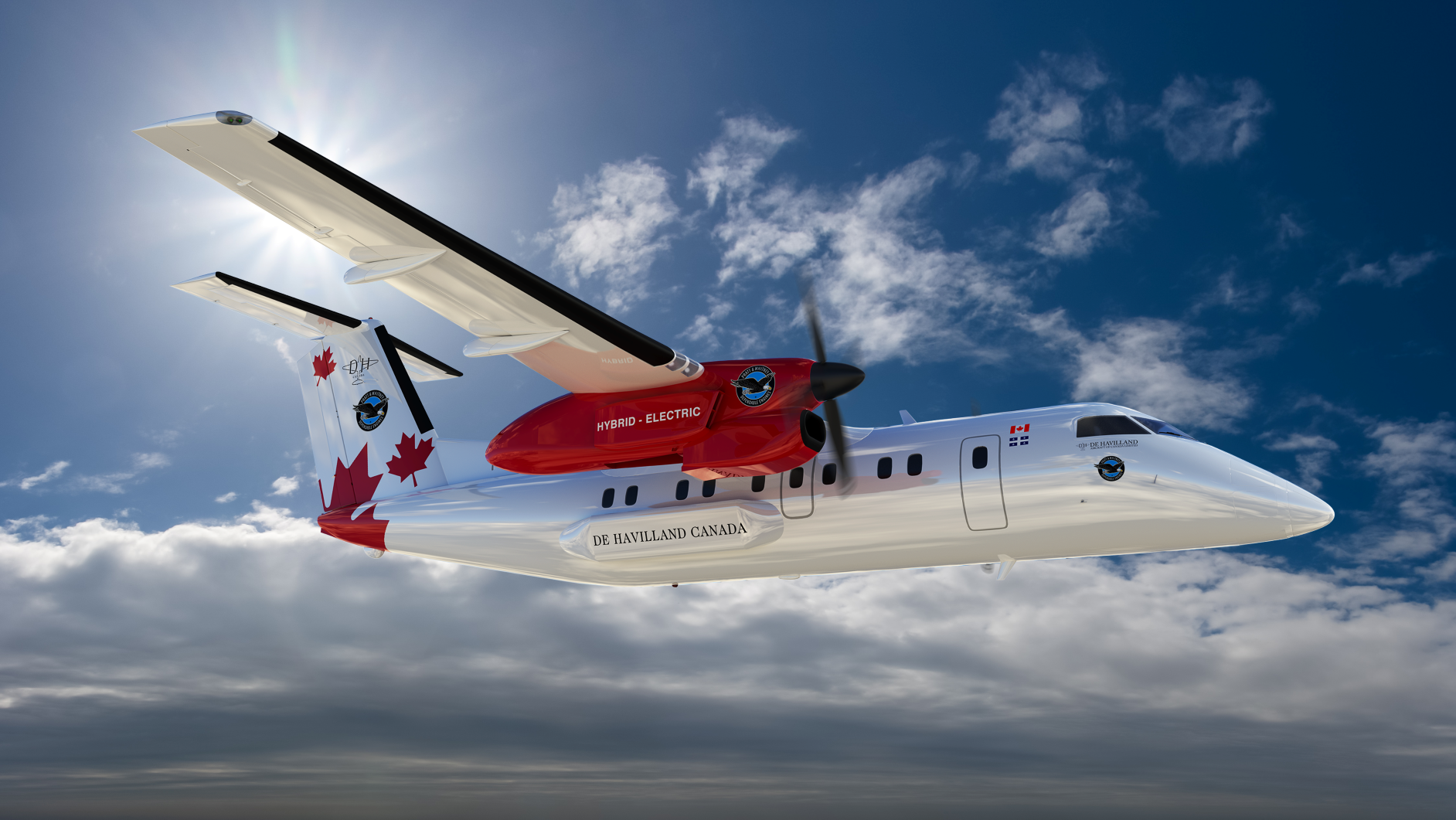
Credit: Pratt & Whitney
The Canadian federal and Quebec provincial governments together will invest C$685 million ($544 million) in projects at Bell, CAE and Pratt & Whitney Canada to develop technologies supporting the electrification and decarbonization of aviation. The federal government will provide C$440 million from...
Subscription Required
This content requires a subscription to one of the Aviation Week Intelligence Network (AWIN) bundles.
Schedule a demo today to find out how you can access this content and similar content related to your area of the global aviation industry.
Already an AWIN subscriber? Login
Did you know? Aviation Week has won top honors multiple times in the Jesse H. Neal National Business Journalism Awards, the business-to-business media equivalent of the Pulitzer Prizes.
